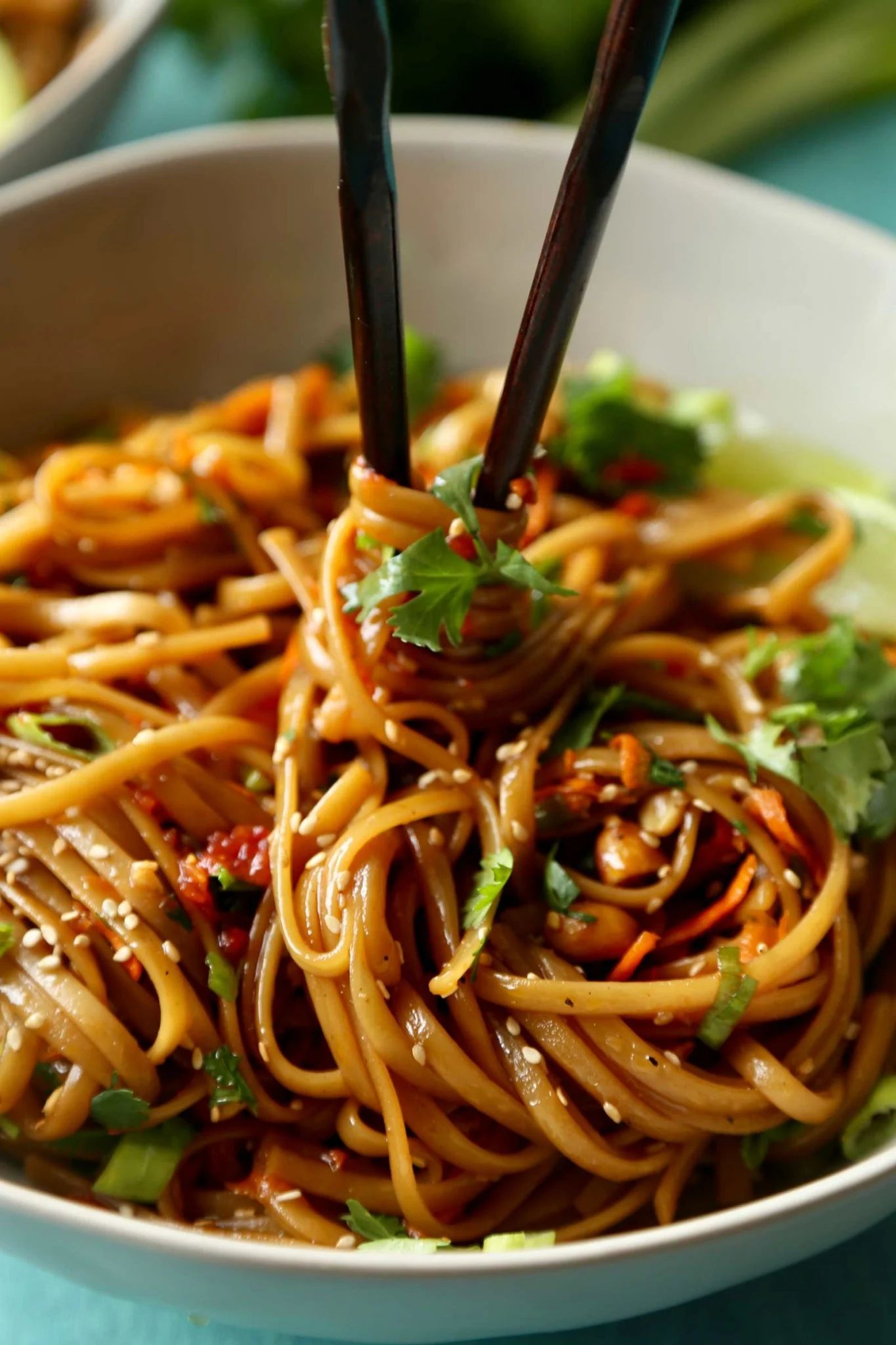
In kitchens far and wide, there’s a timeless truth that resonates with nearly everyone: the plate of noodles with red sauce is the epitome of an easy, comforting home-cooked meal. It’s the swift solution for a busy weeknight, a dependable star at any potluck gathering, and, for those preparing for sporting events, the ultimate carbo-loading champion. Whether you’re adorning it with succulent meatballs, savory sausage, or a dusting of freshly grated Parmesan, it’s undeniably the marinara sauce that orchestrates the entire culinary experience. With an overwhelming array of pasta sauces saturating the market, discerning the truly exceptional from the merely adequate can feel like navigating a culinary minefield, demanding extensive trial and error.
To simplify this quest for discerning palates and streamline the selection process for countless home cooks, a comprehensive taste-testing endeavor was undertaken. The mission: to rigorously evaluate a wide spectrum of store-bought pasta sauce brands. Each brand’s standard marinara sauce was generously spooned over hot, freshly cooked spaghetti, serving as the foundational medium for assessment. Subsequent to this initial interaction with pasta, each sauce was also sampled on its own, allowing for an isolated appreciation, or critique, of its inherent qualities. The evaluation process was meticulous, with notes taken on crucial factors including overall flavor profile, textural consistency, initial impressions upon tasting, and, importantly, the sauce’s ability to cling effectively to the spaghetti noodles. Through this rigorous comparative analysis, a clear hierarchy emerged, confidently distinguishing those sauces that leave a lasting, delightful impression from those that simply fall short.
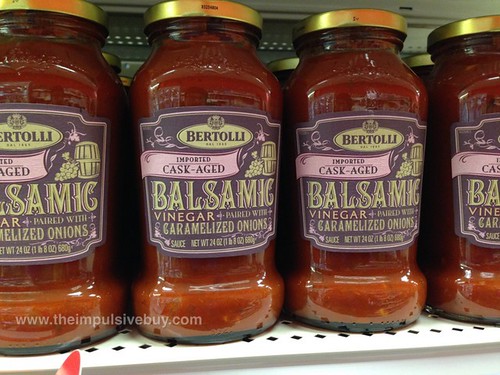
Beginning our journey through the rankings, we encounter the sauces that, despite their widespread presence, struggled to impress. At the very bottom of our list, holding the 15th position, is **Bertolli**. This brand is undeniably a popular presence on store shelves, offering not just sauces but also oils, vinegars, and frozen meals. Its affordability is a notable draw, often being one of the cheapest bottles available. However, the tasting experience suggested that this cost-effectiveness might come at a significant price. A critical point of contention in the culinary world revolves around the inclusion of sugar in pasta sauce, and in this particular Bertolli offering, the argument against it becomes strikingly clear. The prevailing, almost singular, flavor detected was sweetness—a surprising and overwhelming characteristic for a savory marinara. The texture was deemed merely ‘okay,’ but it was the pervasive sugary taste that dominated the palate, masking any other potential flavors. When tasted in isolation, one might overlook this to some extent, but in a direct comparison with other heartier, more savory options, Bertolli’s sweetness stood out in an undesirable way, likened starkly to a slice of tomato generously sprinkled with sugar.
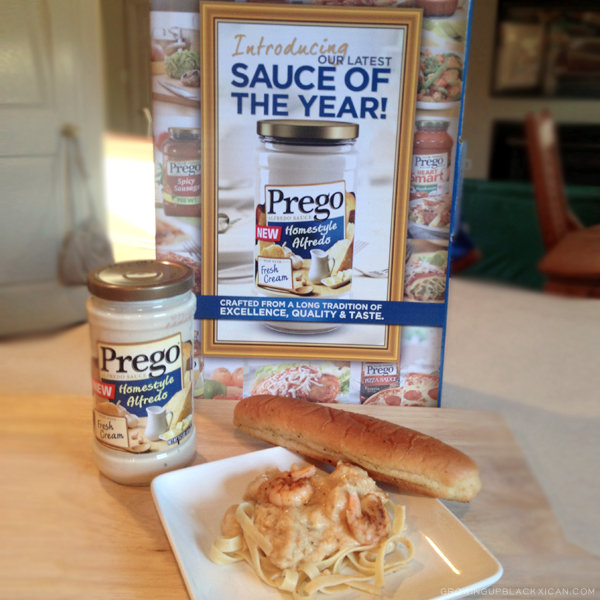
Just a step above Bertolli, at number 14, we find **Prego**, a brand under the Campbell’s umbrella, similarly recognized for its accessible price point at grocery stores. Prego boasts an expansive portfolio of sauces catering to diverse Italian culinary applications, including cheese-based varieties suited for vegetables, potatoes, or macaroni and cheese. Our focus, however, was strictly on its traditional red sauce. On a more positive note, Prego’s texture earned some commendation; it was described as remarkably homogeneous and well-blended, albeit with the occasional presence of small tomato chunks. Despite this textural appeal, the fundamental flaw mirrored that of its lower-ranked counterpart: excessive sweetness. The very first impression was a distinct taste of sugar intertwined with oregano, leaving little room for other flavors to emerge. While Prego does offer a “no sugar added” version, it was not part of this specific evaluation. Nonetheless, its decent texture and the discernible presence of herbs, even if overshadowed, allowed it to outrank Bertolli.
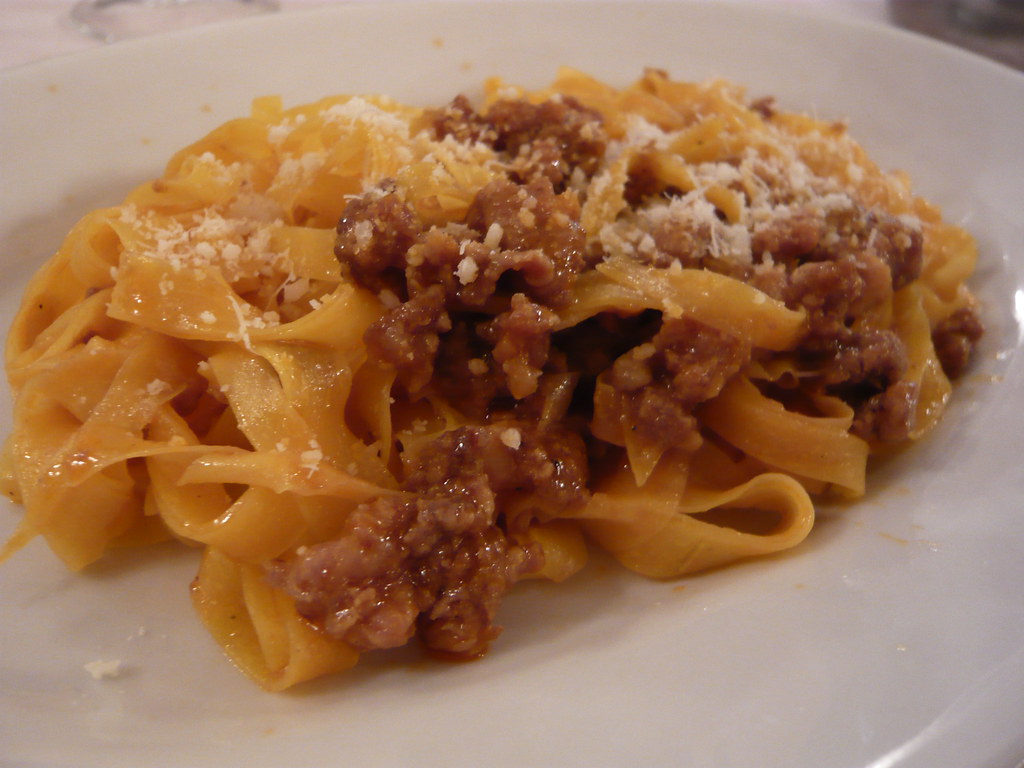
Securing the 13th spot is **Ragú**, a family-owned brand with roots tracing back to Italy before its establishment in New York. Ragú is celebrated for its wide variety, affordability, and a commitment to “old world-style” recipes, with its classic yellow lid being a familiar sight. The specific focus for this review was its old-world-style marinara sauce, purportedly tasting “like it’s been passed down for generations.” However, the tasting experience rekindled memories of why this sauce hadn’t been a recent go-to. Its texture was acceptable but noticeably thin and watery. Flavor-wise, it was sweet, though not to the overwhelming degree of the lowest-ranked sauces. Beyond that, the flavor profile was largely unremarkable and bland. This assessment aligns with observations found elsewhere, confirming its general character as thin, sweet, and lacking depth. While it wasn’t the absolute worst among the sweeter sauces, it certainly left no strong positive impression.
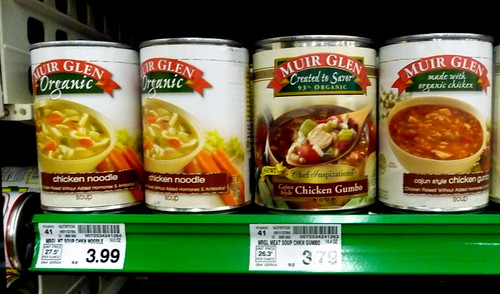
At position 12, we encounter **Muir Glen**, a certified organic brand owned by General Mills, known for a multitude of household staples. Despite its organic certification, which often implies a superior product, Muir Glen’s marinara sauce delivered an unexpected and perplexing surprise. For reasons difficult to articulate, the inaugural bite evoked the distinct flavor of donuts—not necessarily sweet in the conventional sense, but reminiscent of a visit to a popular donut establishment. This unexpected taste was particularly baffling given the absence of added sugar in its ingredients. Repeat tastings confirmed the persistence of this initial, disorienting flavor. Once past this peculiar hurdle, notes of black pepper and tomato became more discernible. The texture was commendable, neither too thin nor too thick. The combination of a good texture and the absence of added sugar helped it surpass Ragú in the rankings, though its unique and jarring initial flavor suggests it might be a sauce one truly needs to “try for yourself” to fully comprehend.
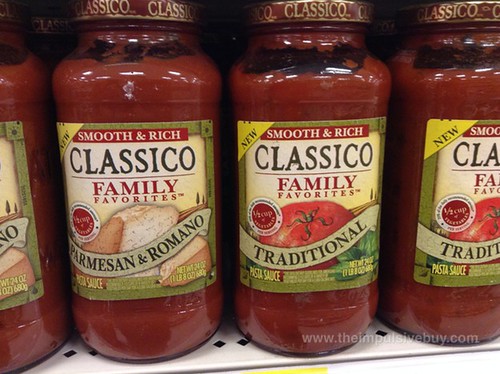
Landing at number 11 is **Classico**, a pasta sauce brand under the Kraft Heinz umbrella. In terms of pricing, Classico generally occupies a middle ground on grocery store shelves, positioning itself neither as the most expensive nor the cheapest option. The specific variant tested was a tomato and basil red sauce, as a traditional “marinara” labeled jar was elusive, with the available cabernet sauce being too far a deviation for a standard comparison. Overall, the sauce was deemed ‘just fine.’ Its texture leaned towards the thinner side without being excessively watery. However, the overarching impression was a lack of flavor. An examination of its ingredient list revealed less than 2% salt, basil, and garlic, which largely explains its taste profile, closely resembling a basic tomato sauce. While not inherently ‘bad,’ this flavor flatness became pronounced when pitted against more robust and flavorful competitors. Its positive attribute of not containing added sugar provided a modest boost in its ranking, but it distinctly lacked the vibrancy found in higher-ranked sauces.
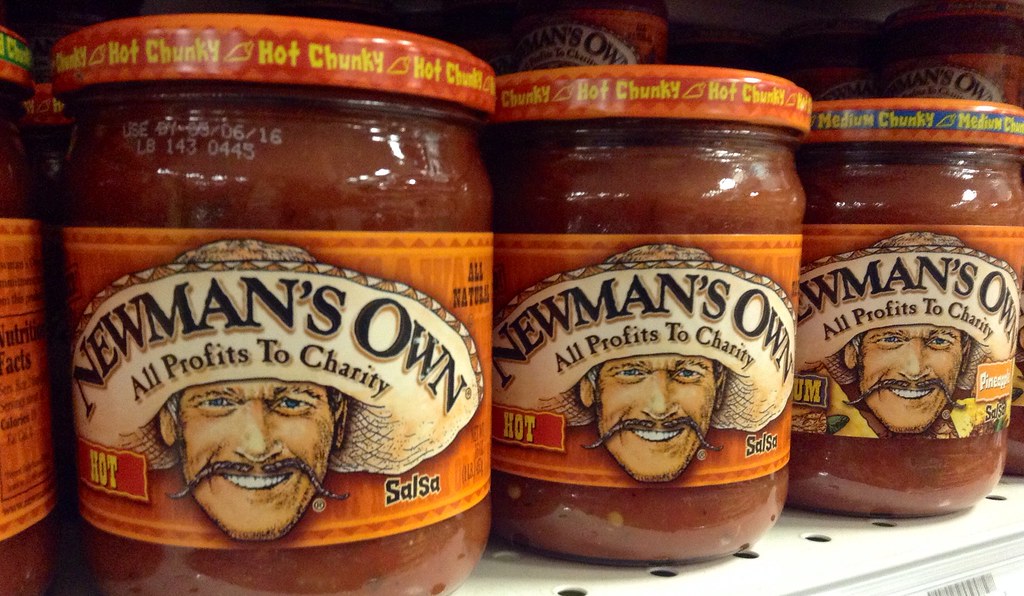
Moving up to the 10th spot, we have **Newman’s Own**, a brand established in 1982 with a noble mission: dedicating 100% of its profits to charitable causes, particularly those aimed at transforming the lives of children facing adversity through nutrition education and programs for serious illnesses. This philanthropic aspect ensures that purchasing Newman’s Own products inherently contributes to community impact. From a purely culinary standpoint, the marinara sauce offered a relatively unimpressive flavor profile. Despite oregano being listed last among its ingredients, it emerged as the most prominent taste, while other flavors remained largely muted, contributing to an overall blandness. However, the sauce excelled in texture, which was consistently homogeneous and demonstrated excellent adherence to pasta. A surprising discovery upon reviewing the ingredient list was the inclusion of carrot puree, an unusual addition for a standard marinara that seemed to further mute the tomato flavor. Despite its blandness in taste, the superior texture provided enough distinction to elevate it above Classico in the rankings.
Product on Amazon: HOMEXCEL Microfiber Cleaning Cloth 12 Pack, 12.5 x 12.5 inch Microfiber Towels for Cars, Ultra Absorbent Car Washing Cloth, Lint Free Streak Free Cleaning Rags for Car, Kitchen, and Window (Grey)
Brand: Visit the HOMEXCEL Store
Price: 5.99 USD
Rating: 4.5 Total reviews: 2592
Color: Grey
Towel form type: Cleaning Cloth
Age Range (Description): All ages
Material: Microfiber
Shopping on Amazon >
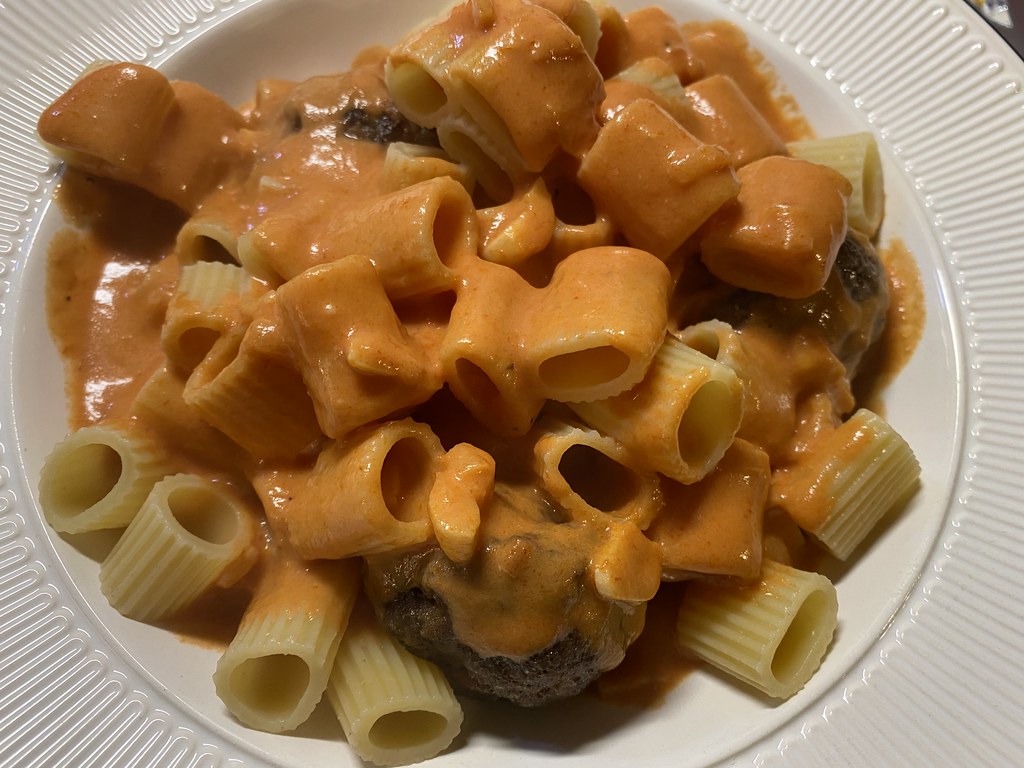
In the ninth position is **Carmine’s**, a brand that has garnered significant acclaim within the restaurant industry for its exquisite Italian cuisine. Expanding its reach, Carmine’s now offers four of its pasta sauce flavors in retail stores, allowing consumers to replicate a measure of the restaurant experience at home. Having previously enjoyed Carmine’s vodka sauce, anticipation was high for its classic marinara. Unfortunately, the classic marinara proved to be somewhat disappointing. It presented as slightly watery and exhibited an overpowering garlic presence. While a deep appreciation for garlic is common, in this instance, it became the singular discernible flavor, eclipsing all others. Had it been explicitly marketed as a ‘garlicky’ sauce, expectations might have been different; however, for a traditional marinara, the garlic was simply too heavy-handed. Ultimately, the sauce was categorized as ‘just okay,’ acknowledging a potential market for such a garlic-forward product, but concluding it was poorly represented as a general marinara.
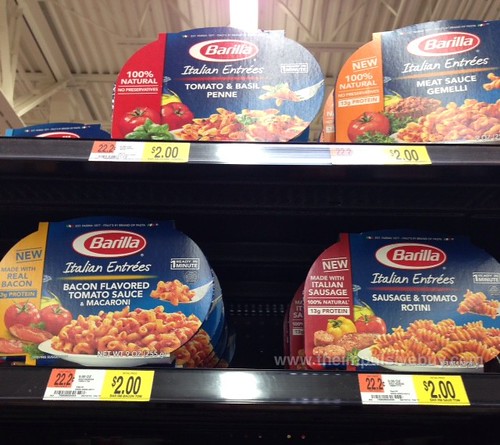
Coming in at number 8, we find **Barilla**, a brand deeply embedded in the culinary consciousness, especially for those who regularly cook pasta. Originating in Italy in the late 1800s, Barilla has evolved into a household name, celebrated for its diverse range of pasta shapes and innovative, unique offerings like heart-shaped or snowflake pasta for seasonal occasions. Given its significant footprint in the Italian food industry, there was considerable interest in how its sauce would perform against others. Upon tasting, oregano was immediately discernible in both the sauce’s aroma and flavor, a more pronounced presence than in many other sauces. Intriguingly, it evoked a nostalgic connection, tasting akin to the sauce found on classic pizza Lunchables. While its texture was thin, which might not suit every preference, it’s a characteristic some undoubtedly enjoy. Overall, it stood as a decent sauce, with the oregano being a little heavy-handed but not entirely overpowering.
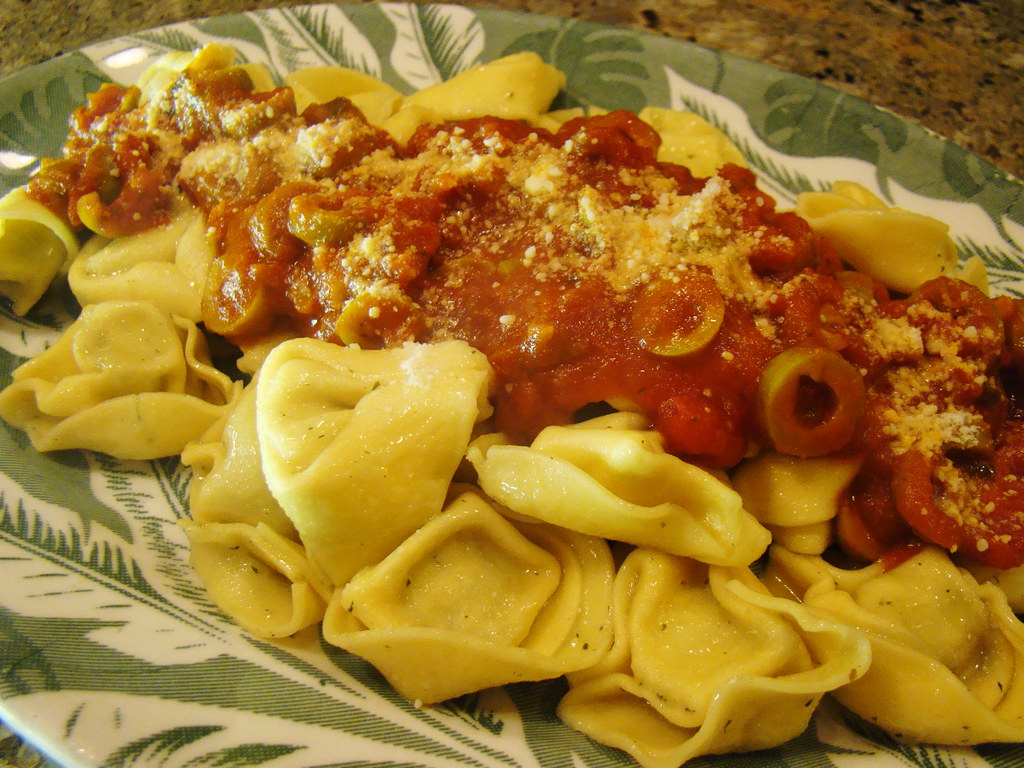
Positioned at number 7, **Botticelli** emerges as a remarkably versatile brand, offering a wide array of products including pasta sauces, jarred vegetables, olive oil, and even coffee. This family-owned business began its journey with olive oil, gradually expanding its portfolio to encompass a broader spectrum of Italian-inspired goods. With 10 distinct flavors available in various sizes, the marinara was selected for this review. The overall impression of Botticelli’s marinara was that it was decidedly ‘middle of the road.’ It boasted a pleasant texture, and the visible chunks of garlic scattered throughout were particularly appreciated. Beyond these observations, however, the sauce offered little else to distinguish itself. Its seasoning and texture were balanced, lacking any negative standout features, which placed it favorably above Barilla. Crucially, it managed to avoid the pitfalls of excessive sweetness or an overly dominant single flavor, making it a good, though not exceptional, choice – certainly not bad.
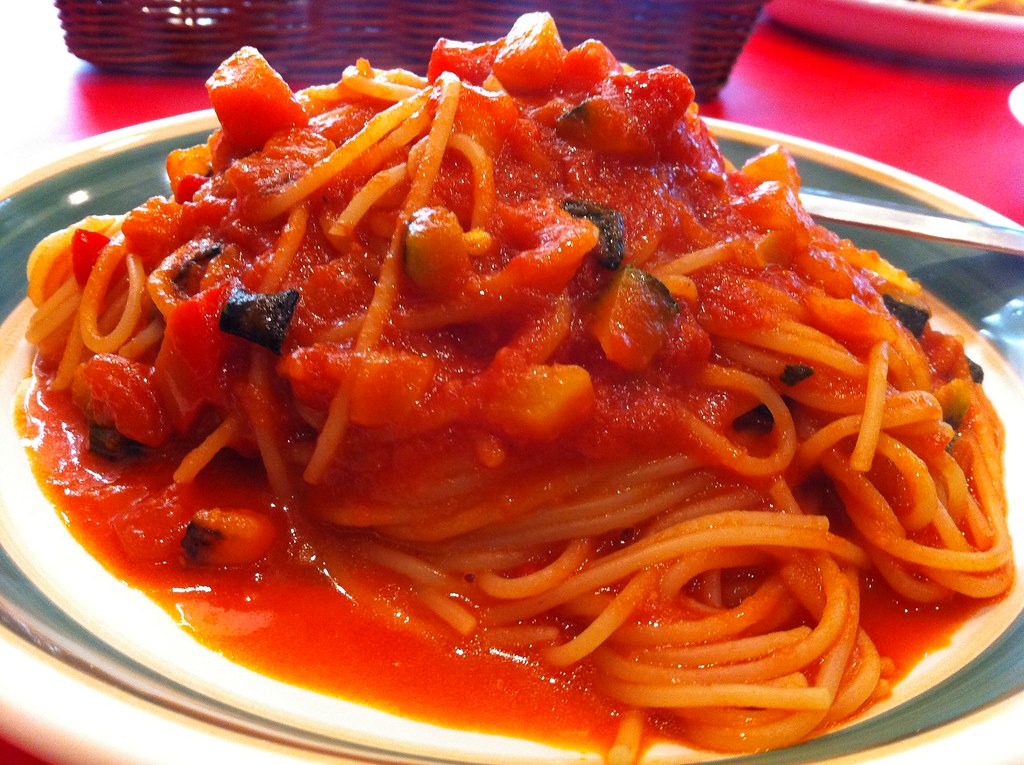
Breaking into the top six, we have **Carbone**, a brand that was a discovery for this tasting exercise. Originating as an Italian-American restaurant in New York City, Carbone has successfully ventured into retail, with its founder, Mario Carbone, aiming to revitalize classic Italian-American dishes from the 20th century. While some culinary enthusiasts might argue Carbone’s superiority over Rao’s, a direct comparison led to a differing conclusion in this specific taste test. Carbone undeniably crafts an excellent sauce; however, it was not deemed the absolute best marinara sampled. It possessed a commendable, thick texture that was smooth, not chunky, and adhered admirably to pasta. The primary criticism, however, was a slight under-seasoning. While the full, unmasked taste of the tomatoes was a delightful feature, a desire for “a little something more” in terms of seasoning prevented it from reaching the very top tier of this list.

Securing the fifth spot is **Trader Joe’s**, a retail giant renowned for its diverse product range, making its foray into pasta sauces entirely unsurprising. The specific offering evaluated was Trader “Giotto’s” organic marinara sauce, distinguished by its inclusion of California tomatoes, Parmesan cheese, onions, garlic, and an array of spices. Notably, it was the sole sauce on this particular list to feature cheese, setting it apart from its competitors. Furthermore, it lived up to its ‘chunky’ label without becoming excessively thick, offering a genuinely satisfying texture. The flavors of garlic and onion were distinctly present, and the blend of herbs and spices was easily recognizable. While it lacked the characteristic acidity so appreciated in the Rao’s sauce, it remained a genuinely delicious option. Its placement at number five reflects its undeniable deliciousness; however, its deviation from a ‘standard’ marinara due to the Parmesan cheese, despite the name, subtly shifted its ranking downwards by a few places, positioning it below more authentic counterparts yet still comfortably above many others.
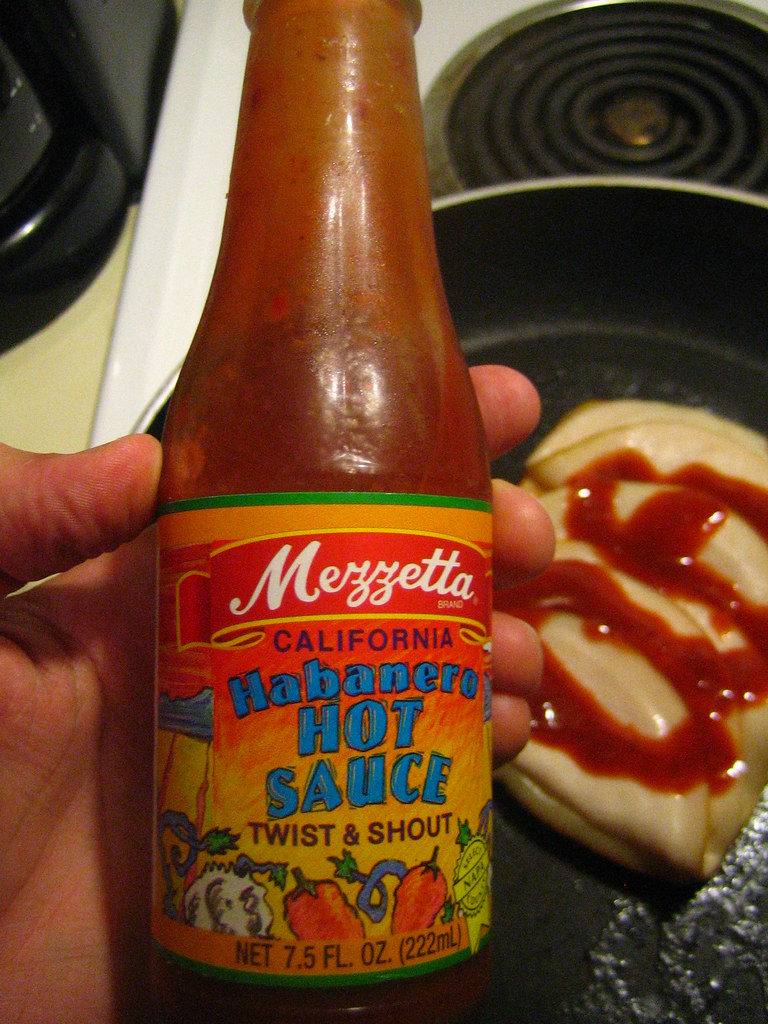
Rising to the fourth position is **Mezzetta**, another brand that was relatively unfamiliar before this extensive taste test, yet proved to be a pleasant discovery. This family-owned business, founded in 1935 by Giuseppe Mezzetta, an Italian immigrant who sought to bring the flavors of his homeland to California, is primarily recognized for its jarred peppers, olives, and pickled vegetables. However, Mezzetta’s product line also extends to pasta sauces, hot sauces, marinades, and olive oil, positioning it as a comprehensive provider for an Italian meal. From the very first spoonful, Mezzetta’s marinara sauce evinced quality. It featured a subtle touch of sweetness that was neither overwhelming nor distracting. Its texture was also commendably thicker than several other sauces evaluated. The most pronounced flavor in this marinara was onion, though not to an excessive degree. Ultimately, it was characterized as a hearty, subtly sweet, and onion-forward sauce that was genuinely well-liked, yet its comparative lack of acidity and its more dominant onion profile prevented it from reaching the very top ranks among its competitors.
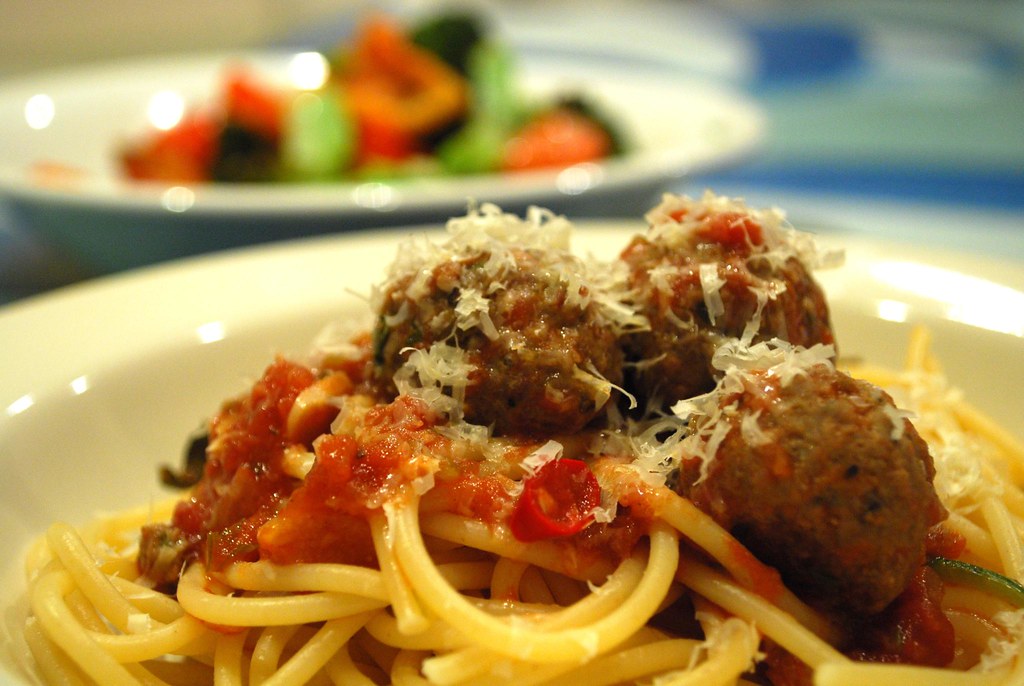
Now, approaching the podium, at the third position, we find **Victoria** pasta sauce. This brand, while present on store shelves, had not previously captured attention. Before embarking on this taste test, the notion that jarred pasta sauces could exhibit such wide variations in flavor seemed unlikely, a misconception quickly dispelled. Beyond mere texture, the flavor profiles indeed varied significantly, and Victoria, it appears, possesses a clear understanding of how to craft a marinara sauce effectively. The most apt description for Victoria’s marinara sauce is ‘simple in the best possible way.’ It embodies a bare-bones marinara, devoid of unnecessary embellishments, delivering precisely what such a sauce should be. Upon the initial bite, an immediate desire arose to utilize it as a dipping sauce; its flavor profile was perfectly suited for fried mozzarella sticks and would be an incredible accompaniment to garlic bread, ideal for sopping up every last drop after a meal. It was unequivocally delicious, possessed an excellent texture, and tasted exactly as one expects a marinara sauce to taste. The interplay of onions, garlic, and additional herbs and spices was expertly balanced, never overwhelming the palate, thereby ensuring that the tomatoes remained the undisputed star of the show.
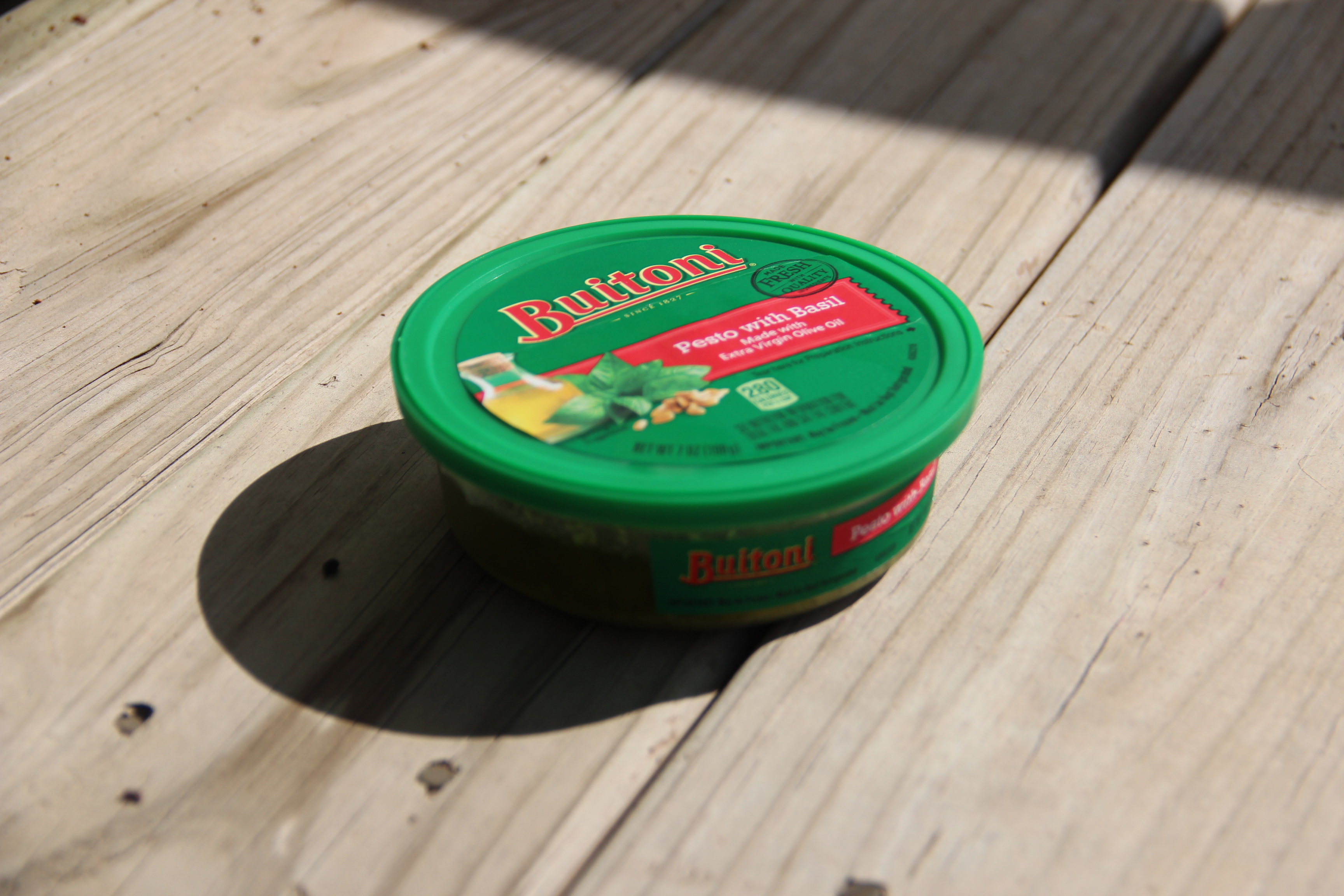
Claiming the second spot is **Buitoni**, a brand already familiar for its pre-made tortellini and ravioli, primarily found in the refrigerated section of grocery stores. Buitoni offers a variety of stuffed and flat pastas that, while not fully cooked, significantly streamline meal preparation at home. Despite extensive experience with their pastas, their sauces had never been sampled until this review. Locating Buitoni pasta sauce proved to be a minor challenge, as it was the only sauce on this list sold fresh in the refrigerated section, but the effort was more than justified. The sauce boasted a superb, thick texture that coated pasta exceptionally well. While it did contain some added sugar, it was judiciously balanced, avoiding the excessive sweetness that plagued many lower-ranked options. It achieved a harmonious blend of flavors, with onions, salt, and garlic puree subtly enhancing the robust tomato core. These added flavors were perceived as slightly more pronounced than those in Victoria’s sauce, which ultimately led to Buitoni’s higher ranking. This was, unequivocally, a sauce so delightful that it could be savored simply on its own with a spoon – a testament to its quality.
Product on Amazon: Carmine’s Family-Style Cookbook: More Than 100 Classic Italian Dishes to Make at Home
Price: 25.16 USD
Rating: 4.7 Total reviews: 710
Shopping on Amazon >>
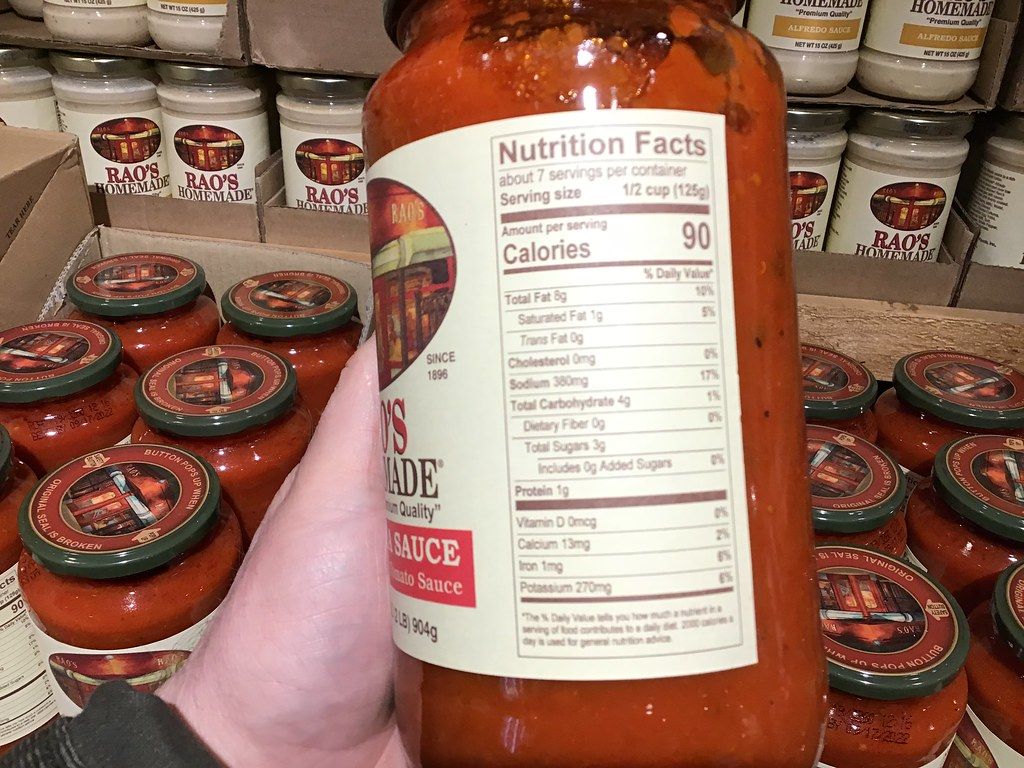
And finally, crowned as the undisputed champion, securing the number one position, is **Rao’s**. This pasta sauce brand is a regular fixture in many kitchens, and while it has recently diversified its offerings to include soups, frozen dinners, and even ketchup across various grocery store departments, its sauce remains its quintessential product. However, Rao’s presents an extensive selection of pasta sauces—approximately two dozen variants—and this evaluation focused exclusively on its standard marinara pasta sauce. After meticulously sampling and comparing 15 different sauces, the verdict is unequivocally clear: Rao’s is a brand to be championed for life. Its marinara sauce is a testament to the power of simplicity, which is precisely what renders it so exceptional. Each jar is crafted with a straightforward yet powerful combination of tomatoes, onions, garlic, basil, oregano, and olive oil. The texture is nothing short of perfect—neither excessively thick nor disappointingly watery—and the herbs are remarkably fresh and fragrant. It adheres beautifully to pasta, precluding any unwanted pooling at the bottom of the plate. Moreover, it possesses a subtle acidity, a characteristic not as prevalent in any of the other sauces, which elegantly rounds out its flavor profile. Without a doubt, Rao’s stands as the paramount store-bought pasta sauce currently available on the market, a true masterpiece of convenience and flavor.
Product on Amazon: Rao’s Homemade Marinara Sauce, 24 oz, All Purpose Tomato Sauce, Pasta Sauce, Carb Conscious, Keto Friendly, All Natural, Premium Quality, With Italian Tomatoes & Olive Oil
Brand: Visit the Rao’s Store
Price: 6.88 USD
Rating: 4.8 Total reviews: 7823
Flavor: Marinara
Package Information: Jar
Item Weight: 1.5 Pounds
Allergen Information: Dairy Free
Shopping on Amazon >>
This extensive tasting journey through popular store-bought pasta sauces reveals a spectrum of quality, where subtle nuances in ingredients, texture, and flavor balance significantly impact the overall experience. From overwhelmingly sweet disappointments to perfectly balanced culinary aids, the market offers a wide array of choices. Our rigorous methodology, focusing on real-world application with spaghetti and individual tasting, provided a clear, objective framework for these rankings. Ultimately, whether you’re seeking a quick weeknight meal or a flavorful foundation for a more elaborate dish, selecting the right sauce can elevate your culinary creations from mundane to magnificent. The insights gathered here provide a clear guide to navigating the crowded shelves, ensuring your next pasta night is nothing short of delicious.



